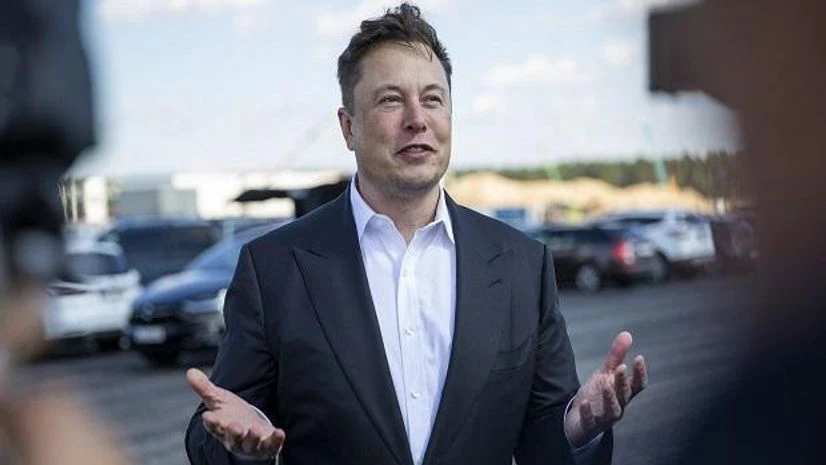The White House has urged private companies to oppose the human rights abuses and genocide by China in Xinjiang.
This comes after Tesla, a US-based vehicle manufacturer, opened a showroom in the region in China, Kyodo News reported.
At a news conference, White House Press Secretary Jen Psaki said that private sector companies that fail to address forced labor and human rights abuses within their supply chains face "serious legal, reputational, and customer risk," both internationally and in the US.
"I can't speak to the specific situation of one company, but as a general matter, we believe the private sector should oppose the PRC's human rights abuses and genocide in Xinjiang," Psaki said.
In recent times, the US has ramped up its campaign against China for repressing religious minorities in Xinjiang.
Recently, the administration of President Joe has decided on a diplomatic boycott of the Beijing Winter Olympics next month in a show of protest over China's human rights abuses.
More From This Section
The president in December also signed into law a bill effective banning all imports from Xinjiang due to concerns over the use of forced labor there.
"The international community, including the public and private sectors, cannot look the other way when it comes to what is taking place in Xinjiang," Psaki said while warning that companies failing to address forced labor in supply chains face serious legal, reputational and customer risk around the world.
According to media reports, Tesla has said it has begun operation in a showroom in Urumqi, the capital of Xinjiang. This has drawn widespread criticism.
Last year, the US become the first country in the world to declare the Chinese actions in Xinjiang as "genocide".
Both the Canadian and Dutch parliament adopted motions recognizing the Uyghur crisis as genocide in February last year.
Dutch became the first parliament in Europe to do so. In April last year, the United Kingdom also declared China's ongoing crackdown in Xinjiang a "genocide".
(Only the headline and picture of this report may have been reworked by the Business Standard staff; the rest of the content is auto-generated from a syndicated feed.)

)
